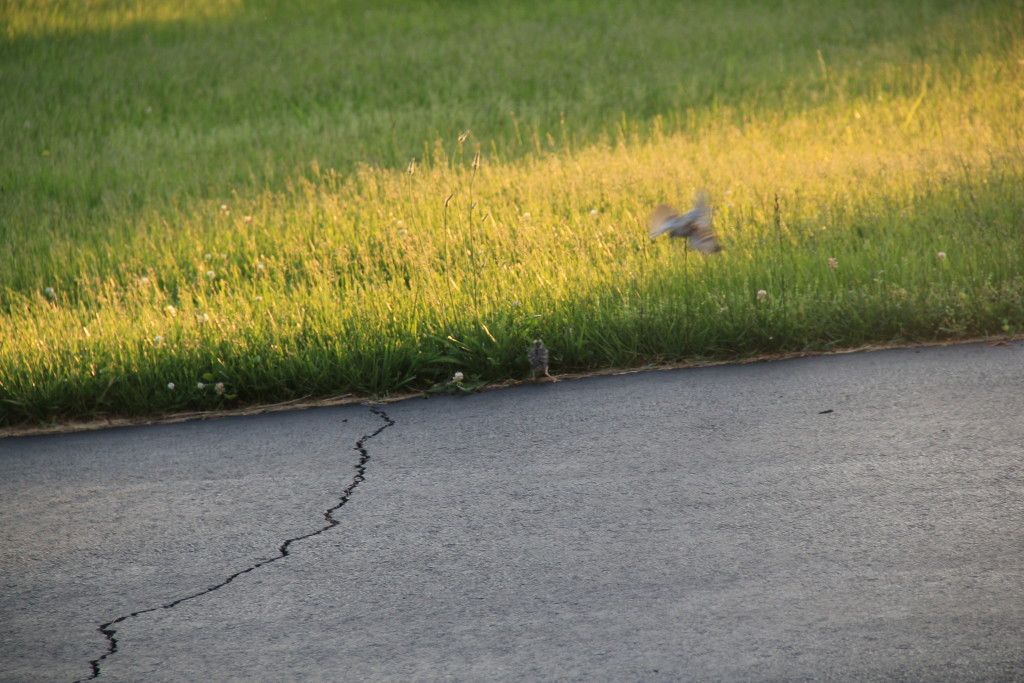Welcome to the Spot Writers. The prompt for this month is “As the policeman pulled back the sheet she knew immediately that…”
Today’s contribution comes from RC Bonitz, author of A BLANKET FOR HER HEART. His latest book, DANGEROUS DECISIONS, has just been accepted for publication by REBEL INK PRESS.
THE BODY IN THE MORGUE
by RC Bonitz
As the policeman pulled back the sheet she knew immediately that something was terribly, horribly wrong. Was she dreaming, or hallucinating, whatever, she could not believe her eyes. The body on the gurney couldn’t be there. It absolutely couldn’t.
Heart hammering in her chest, she stared at the cop. He was going about his business as if he hadn’t noticed, as if this was just another stiff to deal with, get the name and cause of death, all the normal stuff they went through every other time.
She pinched the flesh on her arm and winced at the sudden stab of pain. It couldn’t be a dream if it hurt, could it? Unless… she might be dreaming the hurt along with all the rest. She could only pray it worked that way. It had to. A shudder wracked her body. She could not look at that face again.
Detective Duncan shook his head. “What a waste, a good looking woman like this murdered and for what. I wonder. Was she a Miss or a Mrs.? Kids and a family or a loner?”
She didn’t answer, simply stared at him in wonder. He hadn’t noticed, didn’t see anything unusual? She forced herself to look at the body again, staring hard this time. The face was the same, it hadn’t changed. How could he be so casual? Then she saw it, an old-fashioned identity bracelet on her left wrist. She leaned over and read the name engraved in the silver. The words “Marlene Burns” stared back at her. She gagged on the knot in her throat. It couldn’t be. This had to be a nightmare. There had to be a way to end this.
“Let’s take her fingerprints,” she croaked, struggling to get the words out.
Duncan glanced at her and grinned. “You figure she has a record? Or maybe she was a cop?”
She choked but he seemed totally blasé.
“What do you mean a cop? Why did you say that?”
He grunted. “If she didn’t have a record you gotta have something to check her prints against, right? Cop’s prints, mine, yours, they’re all on file.”
A cold chill ran up her back. Her breath was coming in sharp gasps but he didn’t seem to notice. “How did she die?”
Duncan thumbed through a sheaf of papers on a clipboard beside the gurney. “Here it is. Hey, it happened just up the block from here. She was on the street when some guy walked up and shot her point blank.”
Her stomach roiled, she couldn’t heave her guts out in the morgue. “I need some air,” she gasped and reached for the door, threw it open and dashed outside.
“This is weird,” Duncan went on, oblivious, his eyes still on the papers. “This says she was killed at nine-twenty tonight. It’s only quarter after right now.”
The Spot Writers- our members.
RC Bonitz: http://www.rcbonitz.com
Val Muller: https://valmuller.com/blog/
Catherine A. MacKenzie: http://writingwicket.wordpress.com/wicker-chitter/
Deborah Marie Dera: www.deborahdera.com






 The story follows Lady, an Irish Setter who is eventually “recruited” into the armed forces to act as a messenger dog during the War. The story follows Lady from puppyhood—eagerly listening to stories of her mother hunting, to finding her “person”—who then decides to enlist in the military, to being recruited herself, to getting injured during the war, to coming home and switching owners.
The story follows Lady, an Irish Setter who is eventually “recruited” into the armed forces to act as a messenger dog during the War. The story follows Lady from puppyhood—eagerly listening to stories of her mother hunting, to finding her “person”—who then decides to enlist in the military, to being recruited herself, to getting injured during the war, to coming home and switching owners. The premise: Mark Watney is a crew member on one of the first missions to Mars. Though his mission isn’t the first, the art of landing (and surviving) on Mars is by no means perfected. After a freak accident, Mark is presumed dead, and his crew reluctantly leave him on the surface during a high-speed escape. Mark must then heal himself, find food and water, and survive in a freezing world with an “atmosphere” inhospitable to humans.
The premise: Mark Watney is a crew member on one of the first missions to Mars. Though his mission isn’t the first, the art of landing (and surviving) on Mars is by no means perfected. After a freak accident, Mark is presumed dead, and his crew reluctantly leave him on the surface during a high-speed escape. Mark must then heal himself, find food and water, and survive in a freezing world with an “atmosphere” inhospitable to humans.